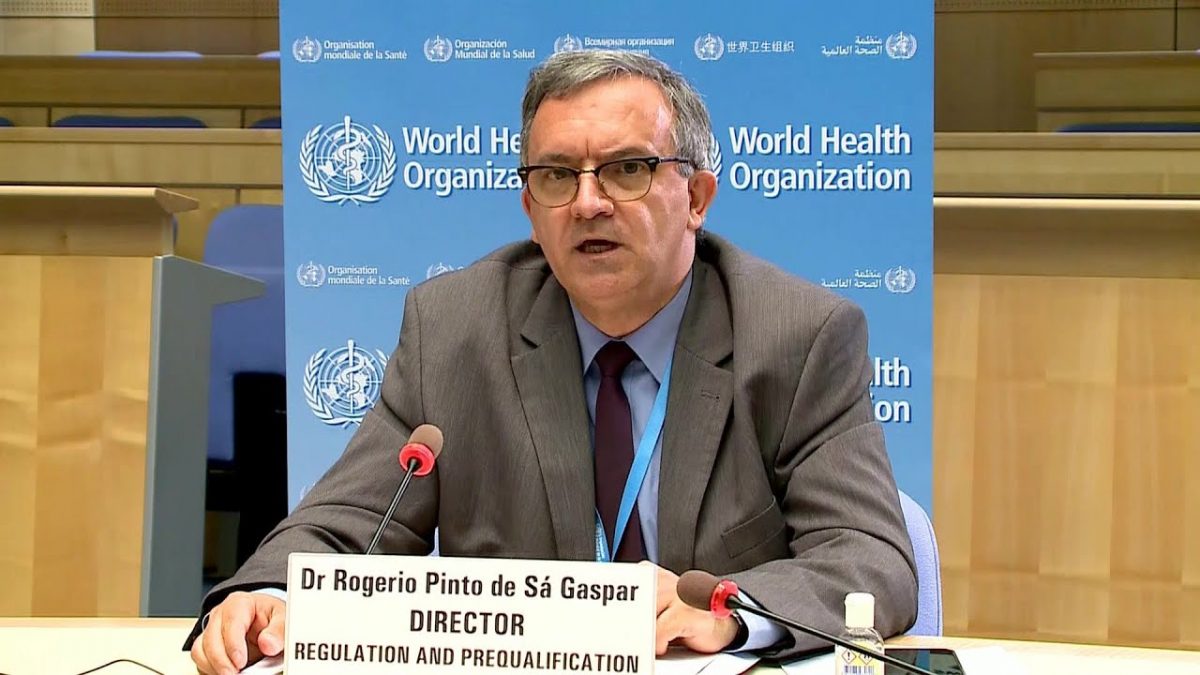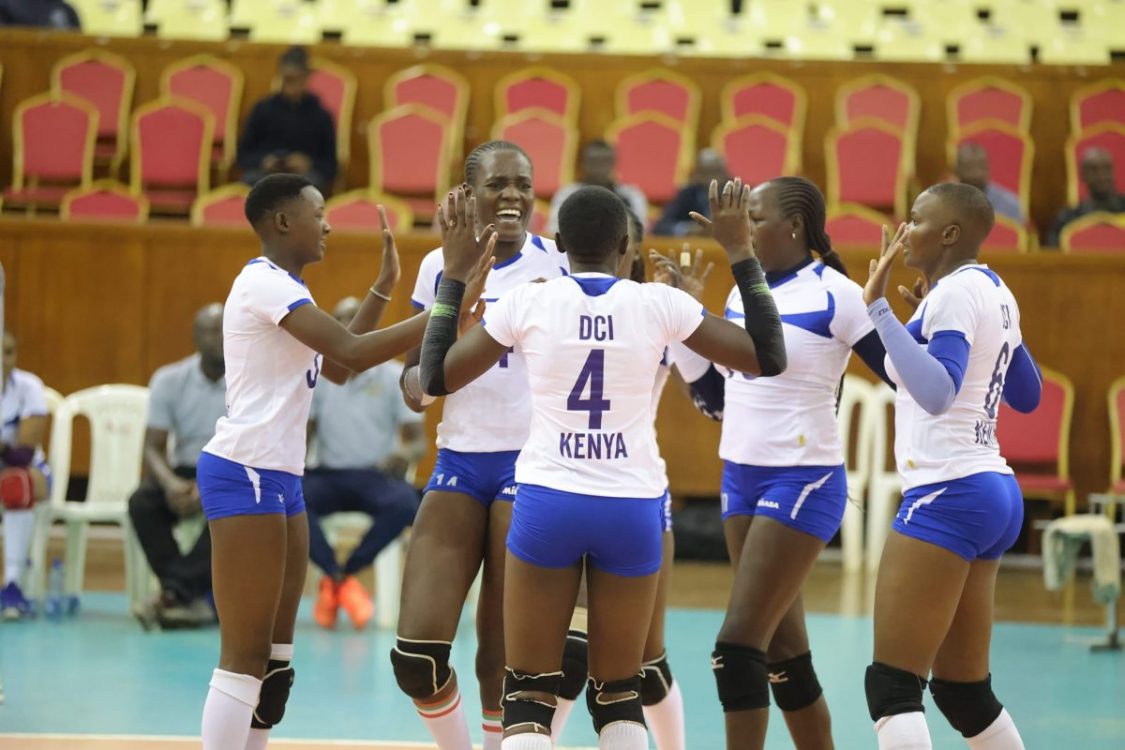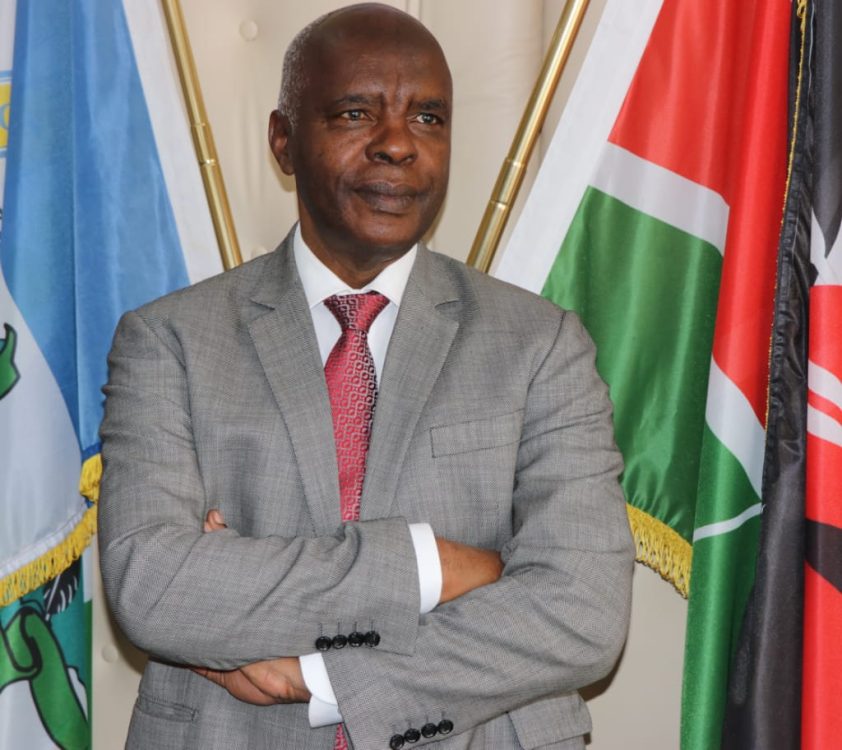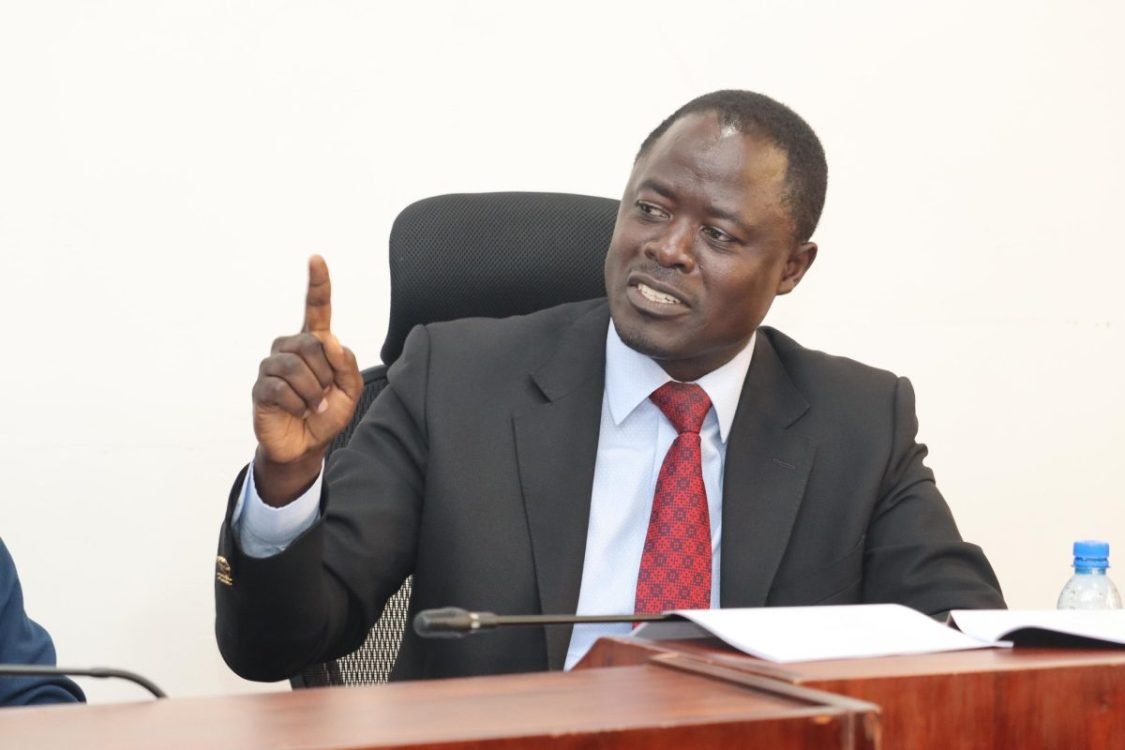Affordable self-test kit a boost to fight against killer disease

A new and affordable HIV self-test kit for low- and middle-income countries have been developed. It will cost Sh120.
Already prequalified by the World Health Organisation (WHO), the kit has been developed by the Clinton Health Access Initiative and other partners.
According to WHO, despite the availability of affordable diagnostics and treatment, globally there are an estimated 5.9 million people with HIV who remain unaware of their status.
Key populations including sex workers, homosexuals, people who inject drugs and those in prisons and their partners account for the majority of new HIV infections.
Adolescent girls and young women are 3 times as likely to acquire HIV than their male peers.
According to the Kenya National AIDS Control Council, HIV prevalence stands at 4.8 percent in 2022, a drop from 5,9 percent in 2016. The figure translates to 1.34 million people living with HIV. Many, including people from key populations and young people, find HIV self-testing to be a convenient and confidential option for HIV testing, according to WHO.
“The announcement of the new pricing is an important step toward making HIV testing for diagnosis and prevention monitoring accessible worldwide,” said Dr Meg Doherty, director of WHO global HIV, hepatitis and STI Programmes.
According to Dr Doherty, the new kit will help programmes deliver HIV self-testing in public, community and private sector service delivery channels.
WHO recommends HIV self-testing as a safe, accurate and effective way to reach people who may not test otherwise. The kit uses both oral fluid and blood-based products, assuring the quality and usability of these products.
“Quality-assured diagnostic tests are critical for effective healthcare systems. The addition of a new self-test to the list of prequalified diagnostics contributes to ensuring access to safe, appropriate and affordable tests of good quality,” said Rogério Gaspar, Director of Regulation and Prequalification Department at WHO.
Globally, many countries have developed national policies that support HIV self-testing and implementation is growing rapidly.
As of June 2022, 98 countries have a policy on HIV self-testing, but implementation is lagging behind, with only 52 countries routinely implementing globally.












